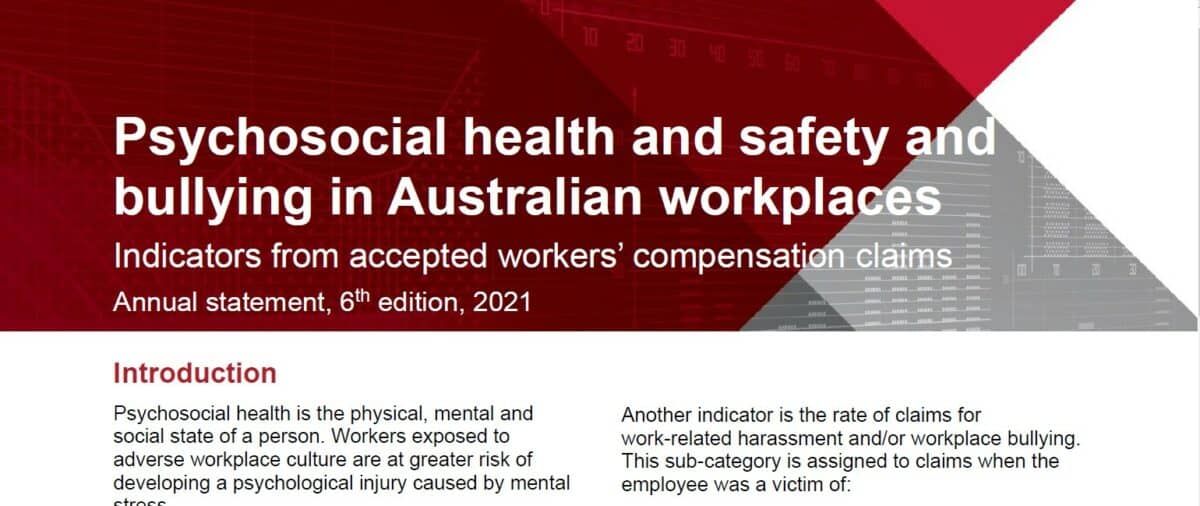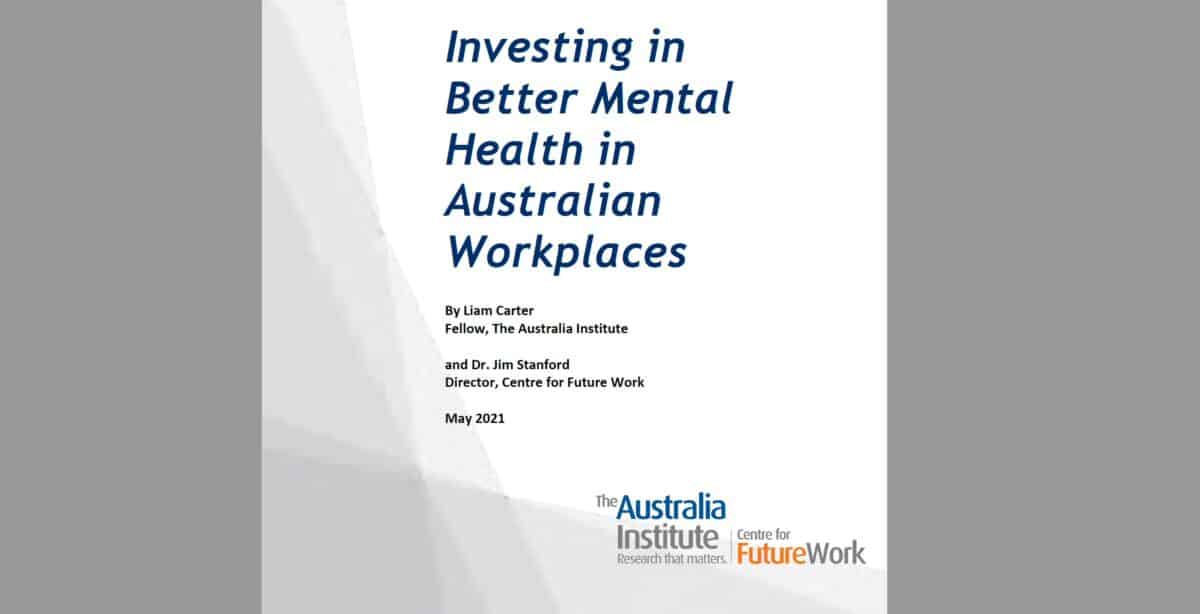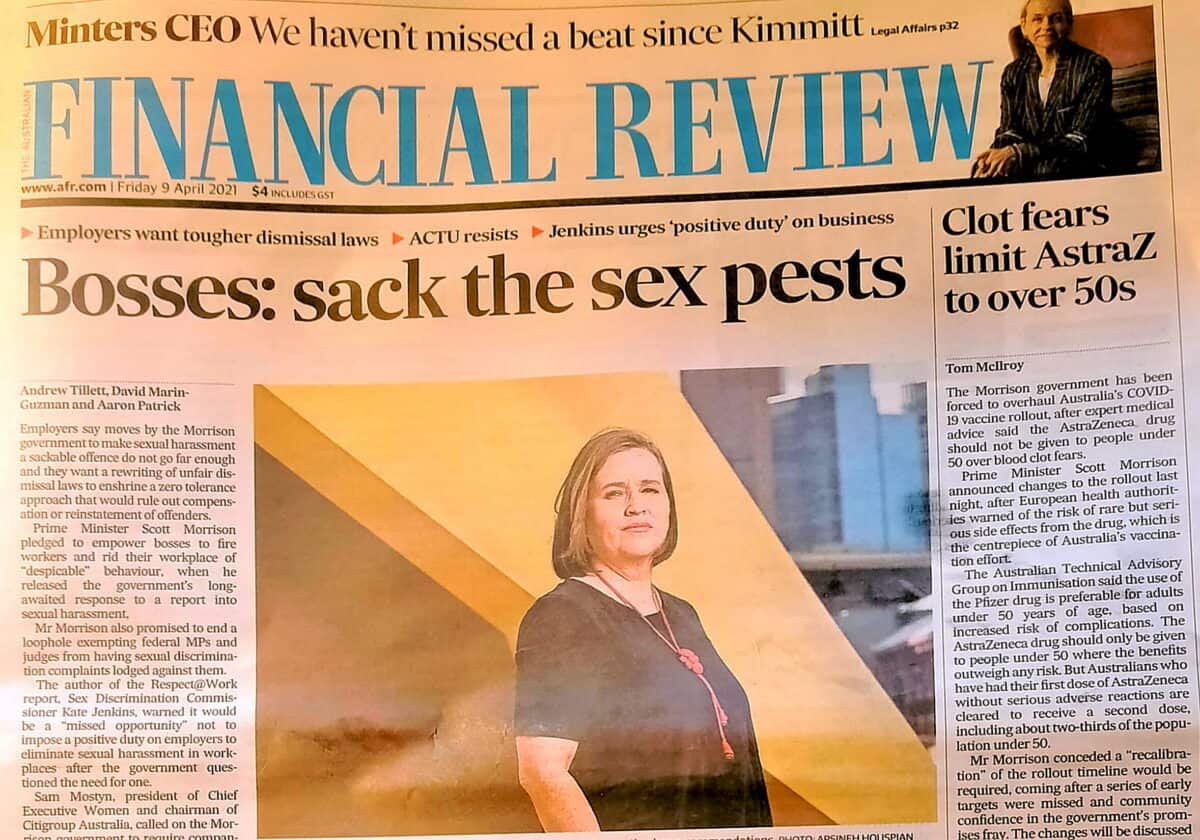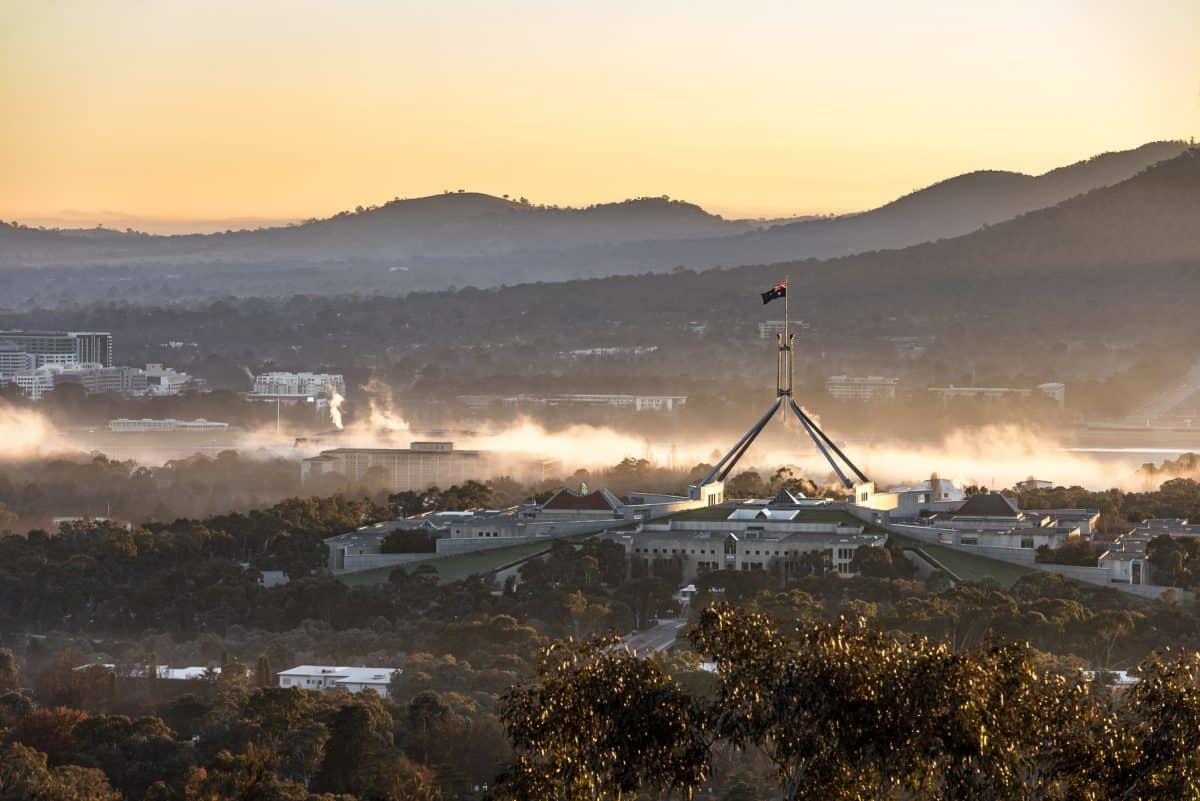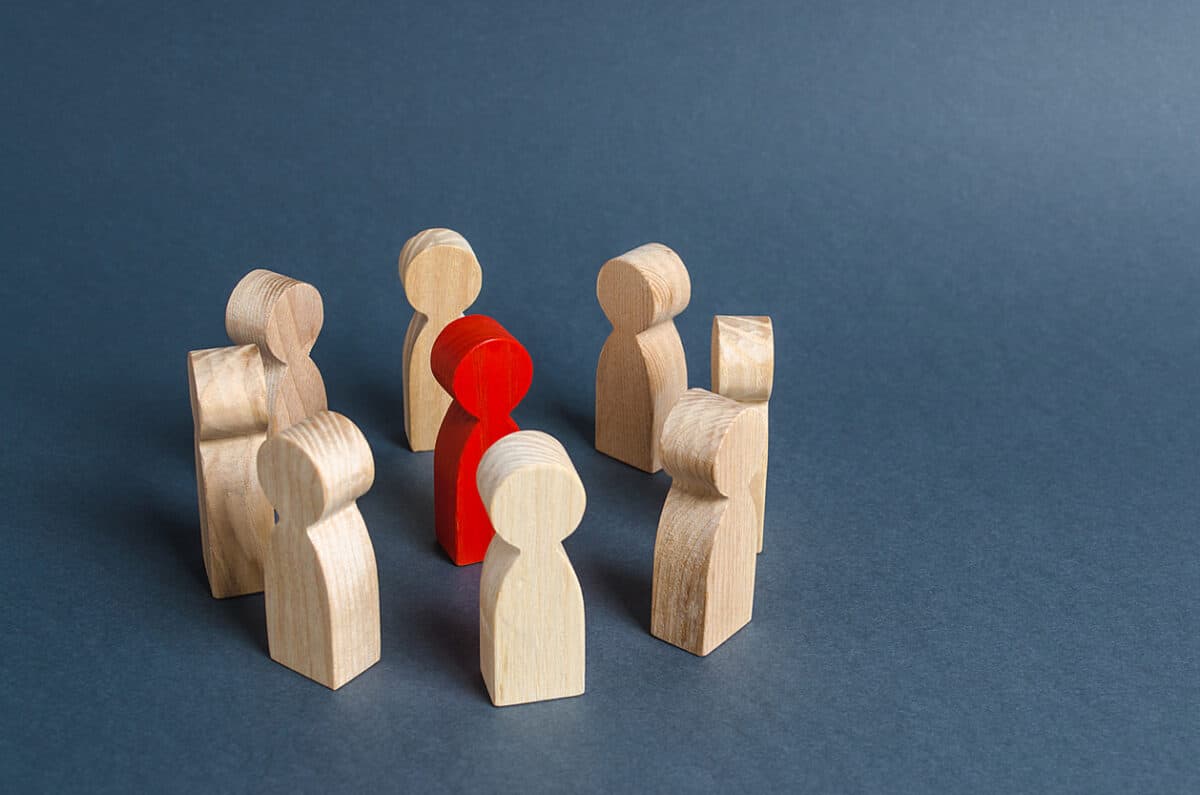If you are contemplating running a survey about workplace health and safety, make it longitudinal. That is, structure your survey so that data can be compared over a long period of time by clearly defining your questions to the general rather than the topical. Topical questions can be included occasionally (they can freshen up a survey), but the core of the survey needs to be robust.
Recently Safe Work Australia (SWA) released the 6th edition of workers compensation claim data for psychosocial health and safety and bullying in Australia. It is a short statement of data that offers some interesting trends and continues the survey’s limitations.

